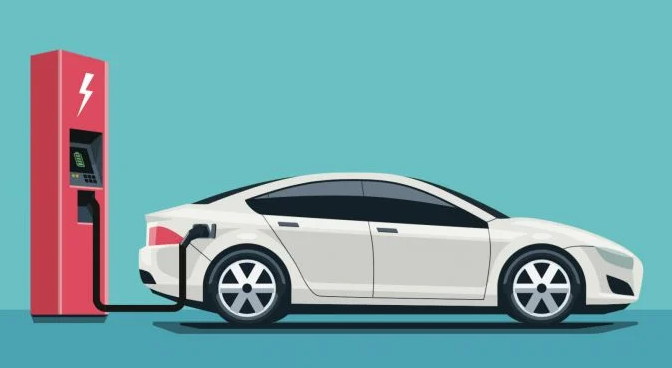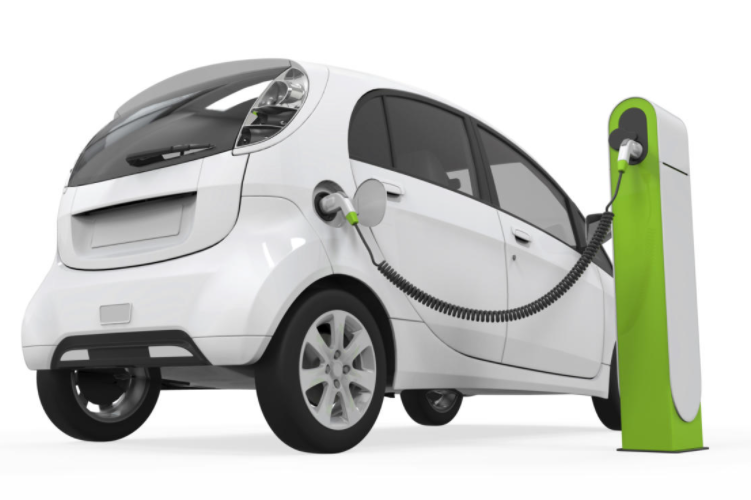Electric cars have become hugely popular in the past decade, and even if you don’t own them or plan on buying them, there is a vast array of information that ensures you know everything about them. Over the years, the technology has become cheaper and accessible, leading to more affordable electric cars and a vast range of options in every category. However, most people are still hesitant about making the move from gas to electricity.
If you are also one of them, let’s have a look at the pros and cons of electric cars to help you make your decision.

Pros of Electric Cars
Lower Operational Costs
Although electric cars may still be much more expensive than their gas-powered variants, they have lower operational and recurring costs in the long run. They are also more affordable since gas prices have been on an upward trend for many years.
Moreover, you can easily charge your electric car at home, and you don’t have to pay any tax or extra cost for charging it at a public carport. Plus, you can even use a solar-powered electric car charging station to reduce your energy costs.
Lower Carbon Footprint
The main reason why there has been massive development in electric cars is because they have a lower carbon footprint, i.e. they cause much lower emissions and pollutants as compared to gas-powered cars. One of the most harmful gases that these cars produce is carbon dioxide, and since electric cars don’t consume fossil fuels, they don’t produce or emit it at all.
Little or No Maintenance
Another great thing about electric cars is that they don’t have a mechanical engine to power them. Since mechanical engines have a lot of small metal components, they experience a lot of friction and a result, you need to maintain your gas-powered cars more often, thus incurring higher costs. That isn’t the case with electric vehicles, which have less wear and tear.
Smoother Performance
As compared to gas-powered cars, electric vehicles also have a better and smoother performance, since they don’t waste any energy and also don’t require an exhaust system. Plus, they are also more responsive than mechanical engines, thus producing greater torque with lower effort.
Cons of Electric Cars
Difficulty Searching Charging Stations
One of the greatest pitfalls of electric cars is that you can’t seem to find a charging station everywhere, especially when you are on a long-distance road trip or driving through the country. Owners of gas-powered cars have more convenience in this regard, as gas stations are found almost everywhere now.
High Charging Time
Another downside of an electric car is that it can require anywhere between one to three days to fully charging the battery, which is an awful lot of time. On the other hand, you can get your gas tank topped up within a few minutes and be on your way. This means that electric cars aren’t suitable particularly for emergencies.
This brings us to the end of our review of the perks and pitfalls of electric cars. We believe it will take a few more years for electric cars to become mainstream and replace gas-powered cars to a greater extent. Once the pitfalls are dealt with, then there’s no stopping electric vehicles from taking over and becoming the standard form of transportation.




